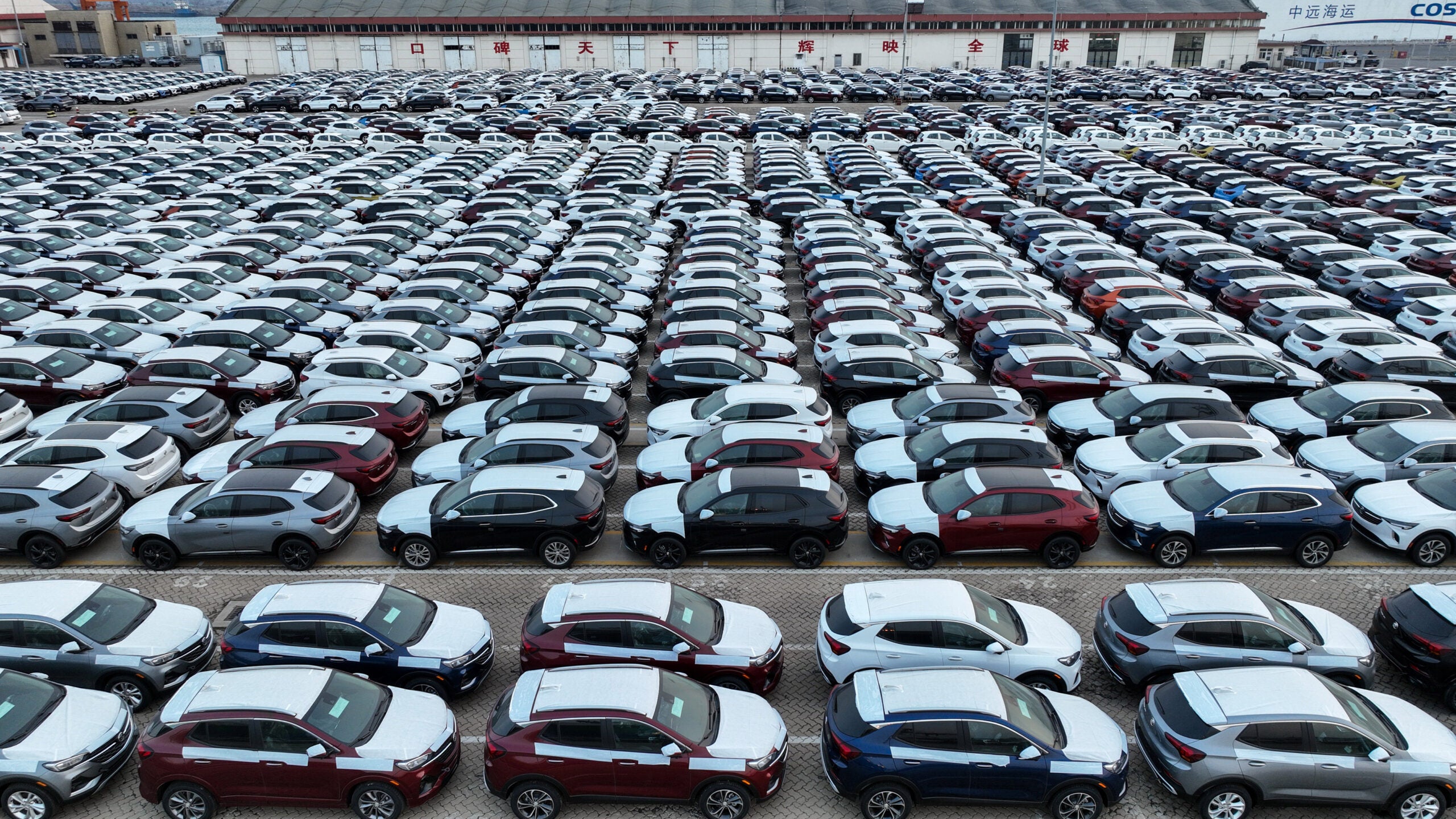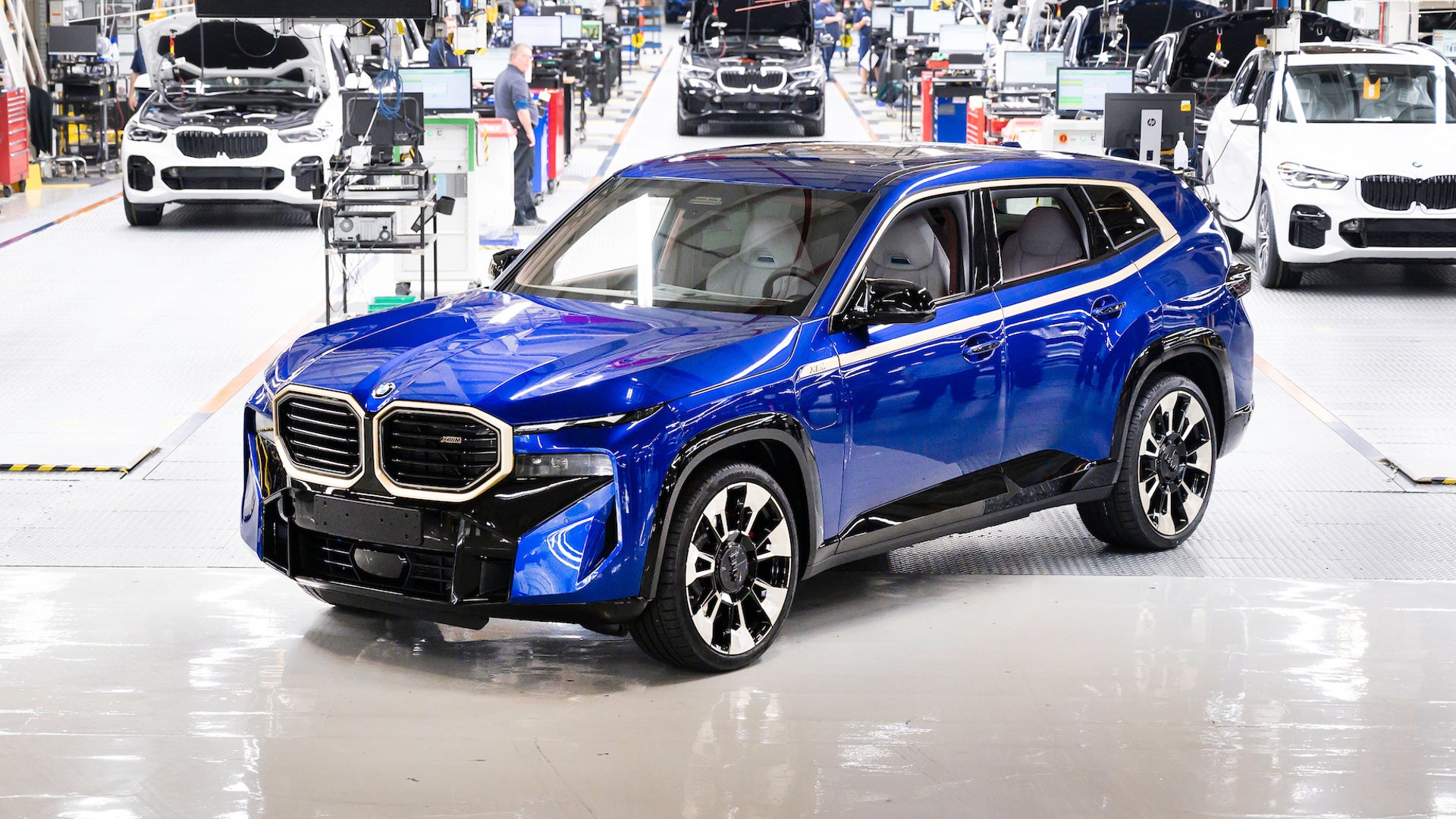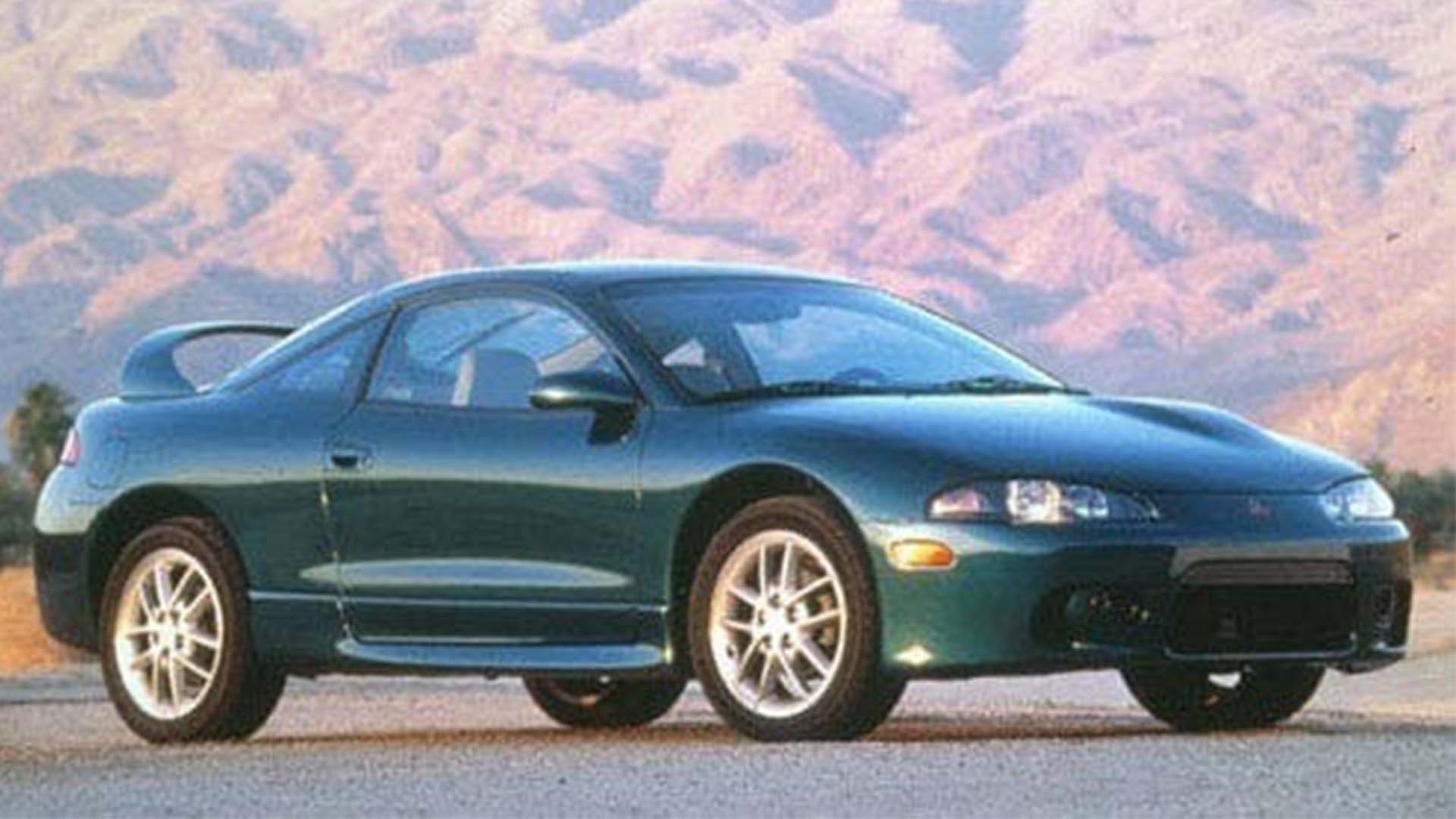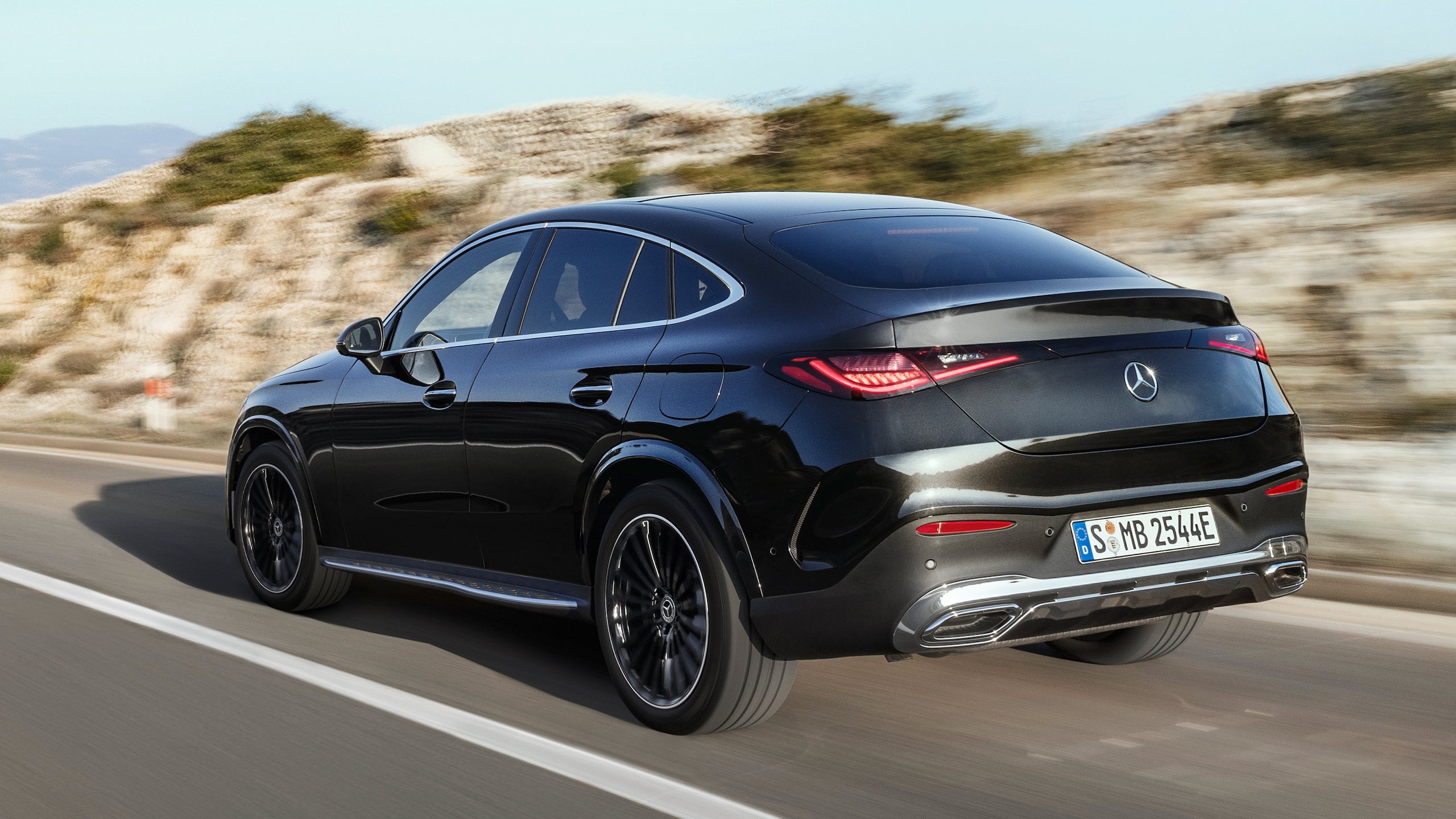China is looking to overtake Japan as the largest exporter of cars by volume in the world this year, largely thanks to the surging number of EVs manufactured there. Industry analysts in China expect the country to export 5.5 million cars in 2030, about half of which will be EVs. Last year, China exported more cars than Germany, which leads the world in exports by value. Japan is the world leader by volume for now, exporting 3.2 million cars in the first 11 months of 2022, according to the South China Morning Post. In 2022, China exported 3.1 million cars overseas, a 54.4% increase year-over-year. The outlet reported that industry analysts expect Japan’s exports to stay largely flat for 2023, while China expects its growing EV business to surge even more.
Already, some of the world’s largest EV makers are in China, including Warren Buffet-backed BYD, which sold 911,140 EVs last year, and Tesla, which delivered 1.3 million cars last year and manufactures cars in Shanghai. Other EV makers such as Nio, Li Auto, and Xpeng make and sell cars in China and export to other countries.
China’s auto industry has been operating for quite some time, but its independence is relatively new. That’s because as China’s rapid industrialization has taken shape, its auto industry relied heavily on partnerships with imported brands. Until several years ago, doing business in China required a joint-venture partnership. For example, General Motors partners with SAIC to sell Chevrolet, Buick, and Cadillac vehicles in mainland China; Dongfeng Motor partners with Nissan; and Changan Automobile partners with Mazda. Those partnerships drove the auto industry in China for decades, although its EV businesses are largely partnership free.
The report doesn’t mention how China’s EV export growth depends on selling cars in North America, although BYD already sells cars in Mexico. EVs made in China may not have much of a future in the U.S. because they don’t qualify for a $7,500 federal incentive, although automakers such as Volvo have tested the waters on selling cars in the U.S. made in China. It's unclear if the Inflation Reduction Act passed last year in the U.S. will affect China’s similarly large battery business, but it likely will. One thing is clear: As EV adoption rates rise around the world, so does China’s standing as one of the world’s biggest producers of automobiles.
Got a tip? Send it in to [email protected]









